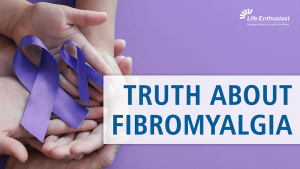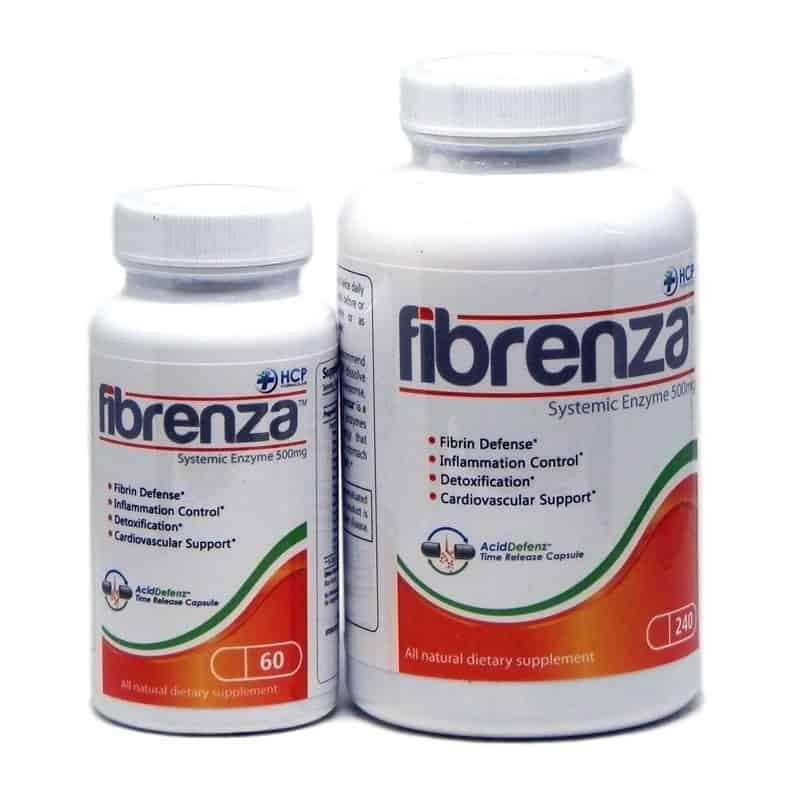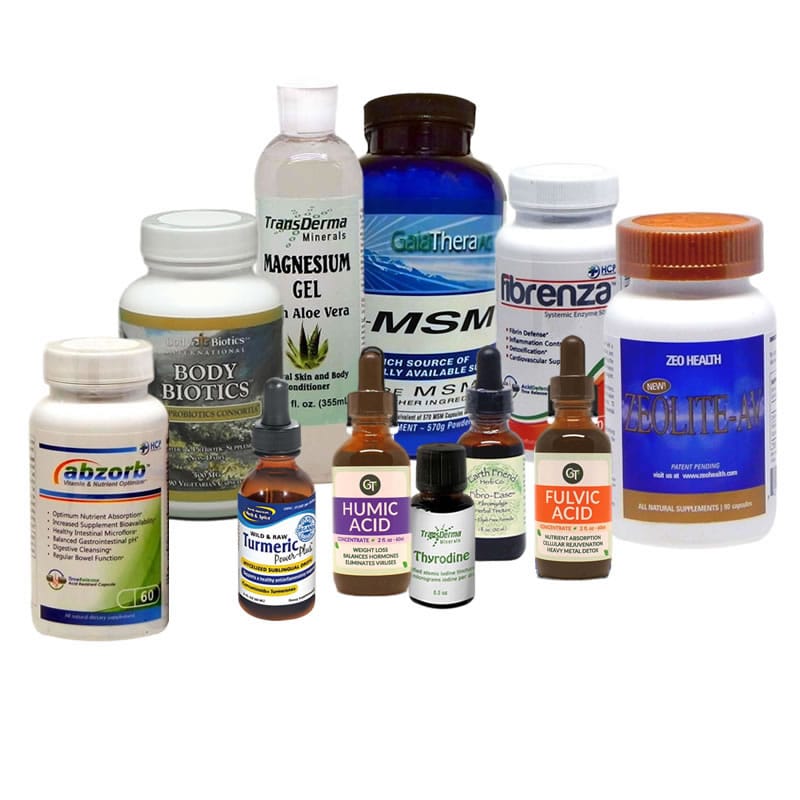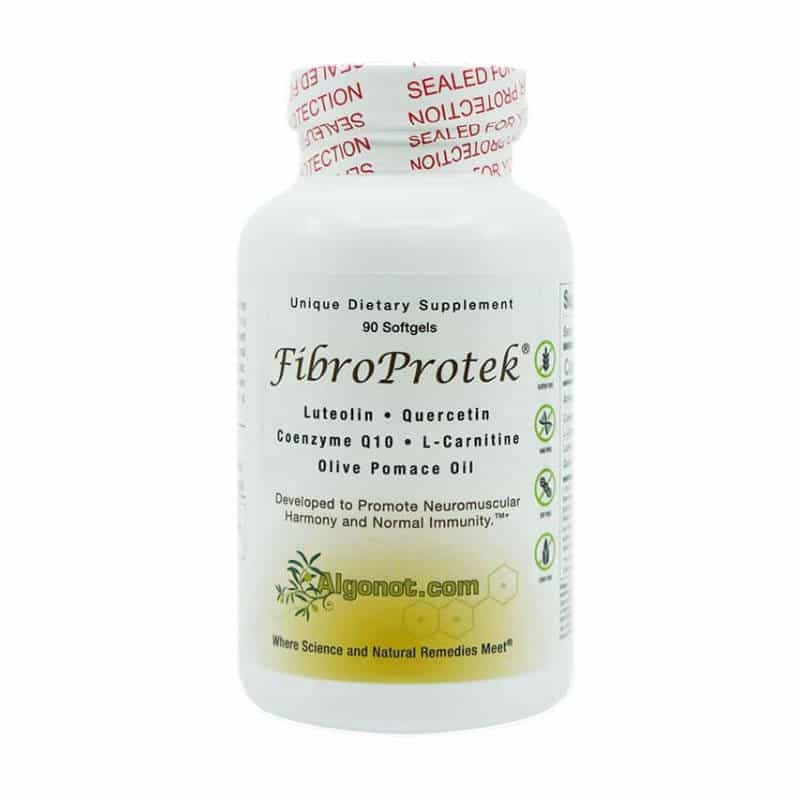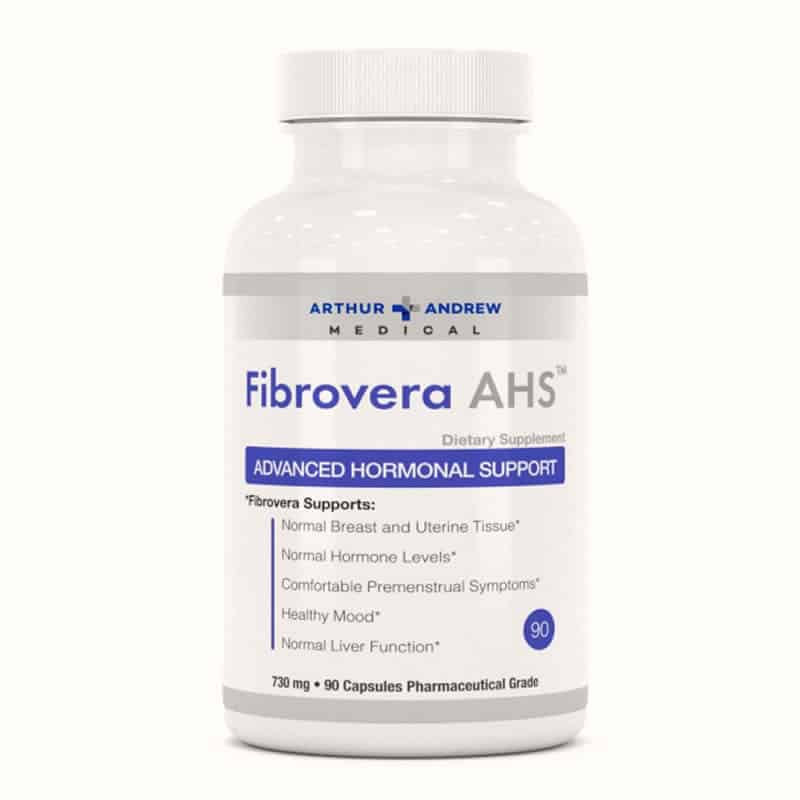No products in the cart.
Podcast: Play in new window | Download
Subscribe: Apple Podcasts | Google Podcasts | Amazon Music | Email | RSS
Podcast 313: Truth about Fibromyalgia
Martin Pytela and Scott Paton talk about Fibromyalgia and why it is so difficult to deal with. Straight talk that you probably won’t like.
Facebook:
http://www.facebook.com/groups/YourFibromyalgiaSupport/
For Fibro products to support you:
Podcast 313: Truth about Fibromayalgia
SCOTT: Welcome, everybody! This is the Life Enthusiast Podcast, I’m your host Scott Paton, and joining me, as usual, is our other host, Martin Pytela, health coach at Life Enthusiasts. Hi, Martin, how are you doing today?
MARTIN: Hello, Scott! Hello, good people! I am inspired today to try and finally create something that makes sense. Two years ago, we started this Fibromyalgia Support Group on Facebook, and I have read thousands of posts in the group. I actually am a survivor myself, recovered, not with fibromyalgia, but I was really sick. You can read my story on our website if you are interested.
SCOTT: Well, we could say that you had a chronic illness, you had a lot of pain, and there was nothing that the medical establishment could do to solve it, right?
MARTIN: Right. This is a premise that you must understand: when you have a chronic inflammatory disease, it doesn’t get fixed through diagnosis, because diagnosis only gives you a name of a syndrome, and the syndrome is a code word for, ‘we can’t fix it, we don’t know how to fix it, because there are multiple causes.’ The medical approach that seeks the silver bullet understands how to find a solution to a thing that is caused by one single factor, like a broken bone, they are great at it. Gonorrhea? Absolutely! Tuberculosis? Easy! But when it comes to a complex problem, they are lost.
SCOTT: And the result is that they continually give you drugs, that I think most of the people in the group would say make things even worse.
MARTIN: Right! They are exceedingly good at dealing with acute emergencies. If you are in an emergency situation, they will save your life, they will do it competently, they will take you back from the brink of disaster.
SCOTT: Hey, that’s me!
MARTIN: Yep, you’ve been there.
SCOTT: My liver stopped, and I was in the hospital for six weeks, and when I came out, I was alive, and I learned something, Martin, that I just want to share with you that I didn’t know! My mom told me three weeks ago that at one point they said to her: “we need to find a liver and we’re going to have to transplant his liver, and unfortunately in the time that Scott has left to live, there’s no way that we’re going to find the right liver in time.”
MARTIN: “So prepare for him to die.”
SCOTT: Exactly!
MARTIN: I saw the picture of you from that time, and I thought that you were gone. But they saved you! Anyway, the point is this – techniques that are excellent for preventing an untimely death, or to deal with an emergency, are wrong for trying to prevent the situation that causes the emergency in the first place. And to give you an example, if I’m lying on the sidewalk with a cut in my arm and there’s blood spurting, I’m okay with you taking a hot red iron and cauterizing that whole thing to stop the bleed. But the red hot iron is not a good way to prevent that injury.
SCOTT: Nor is it a good way to fix back pain for example.
MARTIN: Right. So back to the Fibro Support group, the posts that I have read, they all include the following themes: Number one, “everybody around me thinks I’m nuts, everybody around me thinks I’m making it up, everybody around me is treating me like a hypochondriac or a cheat, they think I am lazy.” I understand that you are not, you are ill. The other thing is: “it’s all in your head.” There’s part truth to this – some of it is in your head and it’s hard to believe, and I don’t want you to think for a moment that I want to blame you for it being in your head, but please accept the fact that there’s a huge psychosomatic factor to the chronic inflammatory disease. Scott and I have covered this in several interviews with Dr. Michael Amendolara, in interviews with Joan Kaylor, we have tried to introduce to you the fact that some of the trouble lies buried in your subconscious mind.
SCOTT: And it’s emotional trauma, it’s mental trauma, it’s spiritual trauma. It doesn’t mean that you can just say: “Oh, well, it’s in my head, I’m fine.” No, that’s not what it is. I mean, if you know someone who’s depressed, then you can’t tell them: “it’s just in your head,” that’s not helpful at all. What that means is that there’s work that you have to do on yourself, on your personal development, healing old wounds, those could even be generational wounds.
MARTIN: We talked about books by Dr. John Sarno, you can read some of our older articles and learn the fact that you can get the stuff that’s buried in your subconscious fixed. You cannot access it by talking about it or praying about it or complaining about it. It actually has to be treated with techniques that are known and proven. Yes, the pain is real. No, you are not lazy.
SCOTT: And you’re not crazy, but you have some work to do on a physical level and on an emotional, and mental level.
MARTIN: And I want to say this: this whole situation of chronic inflammatory disease comes about as a confluence of a perfect storm of multiple inputs. One of them definitely is the invisible trauma, and it could be indeed the emotional injuries, it also could be other invisible things, like electromagnetic influences, that are all around you, things that are in the air that you cannot see, but you can smell, and the weather, and the electromagnetics of the planet, and the oncoming storm will make you worse, and so on. So this is the influence of the invisibles, the influence of stagnation, which means that your lymphatic system is not moving well enough, and exercise, appropriate exercise is required. No, we don’t want you to try and workout like a triathlete, but the less you move, the worse it gets. So that is stagnation.
Toxicity is a gigantic problem, the number one issue in this world. The industrial world is becoming more and more toxic, and it’s a self-amplifying loop of more industrial production that leads to more industrial toxins in the environment, which puts it in the food, which you then eat, it gets into you, and you give it to your children, and so on. It’s just running in circles like that. And it’s getting worse with every succeeding generation.
Another issue is malnutrition. The food that we eat is substandard. It’s getting worse, again, because it’s grown in poor soils, toxic soils, pushed by fertilizers, and then it is denatured. So you need to find a way to get to eat foods that are as wholesome as possible, closer to what your ancestors ate 500 years ago, not 50. Finally, viral or other infections. The most common viral infection is Epstein-Barr, but there can be others, but the most common one that you will most likely encounter is Epstein-Barr virus, and Lyme infections.
So what to do about it? The method that you can help yourself with is not found at the end of the prescription pad, or at the end of the pen writing on a prescription pad. All pharmaceutical drugs are toxic. They can indeed block certain symptoms for a certain amount of time. It’s okay for you to take some drugs for some time to alleviate symptoms. But you cannot stay believing that the drugs will lead to a long-term solution. There absolutely is no happy ending at the road taken through the pharmaceutical method.
SCOTT: All it takes is an hour of reading posts in our Fibromyalgia Support Group to find somebody who is on some drug with weird side effects, it might make them gain weight, or this, or that, all these things that they don’t like. What Martin is saying is that if you were a high-performance sports car, and someone was driving you, and the engine light came on, the drug is kind of like taking the chewing gum out and putting it over the light, so they don’t see the light blinking, but the problem is still there, the car still runs in this poor condition and then one day it stops. If you need to take the drugs and you take the drugs, it should be like: “okay, this is going to give me time and space to do something else to get over the problem. This is not that ‘something’ that gets me over the problem. This is something that allows me to have more energy, to be able to think clearly, to maybe not have so much pain.”
And then you’ve got to do things like looking into your refrigerator. Do you have Coca-Cola in there? Do you have all this processed food? Do you have wheat products that are high in gluten that you’re allergic to? What sort of perfumes do you use? Do you smoke? All of these things we know are contributing to the nutritional problems and the toxicity in your body. If your body is an aquarium and you don’t clean out the water, what happens to the fish? They don’t live a very good life. And you basically are an aquarium full of dirty, dirty water, and nobody is cleaning it up. If you have to, take the drugs to make yourself feel better, and then start cleaning out your body, so you won’t need the drugs soon, hopefully. It will be a step forward at least.
We are all different, we are all acting differently towards things. You may have cell phone towers in your area, and if you know you are really sensitive to them, you might even consider moving somewhere else. You may have to make some dramatic changes if you know that what you have been doing doesn’t work and all you are doing is digging your hole deeper and deeper and deeper. One of my favorite quotes from Martin is: “When you find yourself in a deep hole, the first thing you have to do is stop digging.”
MARTIN: Indeed! You have to understand the complexity of it. If the drugs were working, you would all have been healed by now. You may be getting one side effect or another side effect from a drug. I read somebody who says: “This particular drug made me fat, or made me crazy, or made me this or that.” And another person says: “Oh, I’m doing so fine on it.” And yes, you are doing fine on it, and you will probably for a while, but I promise you, there will be a moment when that thing will stop working or your toxicity level will rise high enough, that will break through and cause you a breakdown. I promise you that will come. Unless your detoxification capacity is greater. So let’s talk about triggers and thresholds. Thresholds are your capacities, how much stuff can you withstand. The trigger is that which pushes against it.
Visualize it as a bucket full of water, and you are throwing rocks into the bucket of water. If we throw a rock in the bucket, some water splashes out, there goes your flare. We need to take those rocks out so that your bucket can hold more water, so when it starts raining, you don’t overflow. You need to pay attention here, this is really important. Manage your triggers. Find what they are. They could be food allergies, environmental issues, viral infections, emotional injuries, trauma of every sort. You need to deal with each of your individual specific traumatic issues. Those are the triggers. They’re yours, nobody else shares the exact same set of triggers.
Mine, for instance, was mercury. I had mercury in my teeth installed by a dentist. It took about three years for me to get from a healthy young man to a wreck that was crawling on all fours from the bed to the washroom because I couldn’t walk. Life Enthusiast is a business that I started 20 years after the original event that made me sick. I am a health coach, I can give you guidance, Life Enthusiast website itself has a lot of information on it, that can show you what you need to do. We have products that we have tested on me, my family, and thousands of others that are just like us, just like you. We are not selling you some untested stuff, we have tested it, we use it, and we offer you a product satisfaction guarantee.
SCOTT: We also created this Seven Day Fibromyalgia Challenge, where we take things out of our diet, like flour, sugar, gluten. We know that one day is not gonna change your life dramatically, we just want you to see if it makes a small difference, and if it does, you can then keep it out of your life for two days, a week, a month, maybe for the rest of your life! It might be one of the things that cause inflammation in your body, and when you remove it, you are one step closer to being more healthy! For many people, the emotional part is removing food they like from their diet, things like wheat and gluten. But when they remove it from their diet for a certain period of time, they actually feel better. You just have to try it for yourself. You have to get rid of some things in your diet because keeping them in might be self-sabotage. You have to figure it out for yourself and by yourself. And you might find out that every time you eat a slice of bread, you have a flare eight hours later. Now you know what is causing it, and now you can do something about it.
MARTIN: Here’s an important point I want to make. Nobody other than you is going to save you. It feels perhaps overwhelming, but it’s totally up to you to change your life. If you don’t fix it for yourself, it’s not going to happen. Whatever reason you find that’s going to motivate you to make a change, do it. By the way, I can relate to the toxicity that leads to some very dark thoughts, I had been suicidal for a long time, I was going to bed laying down to sleep thinking: “I think I should just end this,” and waking up in the morning thinking: “I don’t think I can take another day of this.” So I can relate. Been there, done that. I can give you advice and guide you on your journey, but what is going to make you better is YOU. Honestly, every one of us can get better. It’s totally possible, but you need to understand your biological individuality, your own situation, your unique set of triggers. I have the method. I have the guidance, I have the steps for you, and I’m willing to share all of that. I’m willing to share with you what works, what doesn’t work, and why. So let’s do it!
SCOTT: You have to do the work. It comes from self-education. You cannot depend on your doctor! 80% of the people that talk about their doctors say: “my doctor doesn’t believe me.” So why are you knocking your head against a brick wall? That’s not where the answer is. The place where I would suggest that you start is the Life Enthusiast website, do a search on ‘fibromyalgia,’ you will find a lot of resources, a lot of articles, videos, and podcast episodes, and you can also call Martin directly and talk to him about your individual situation, he can help you move forward.
MARTIN: Yes, absolutely, call me at (866) 543 3388! I think we’ve said it, if the medicine worked, everybody would have been already fixed. The pharmaceutical model is not about cure, it’s about treatment. They are not interested in making you better, they are interested in keeping you on the pill. There is a better way, a way that actually works.
SCOTT: Awesome! Thanks for joining us, everybody! This has been the Life Enthusiast Podcast, restoring vitality to you and the planet! We love you all, thank you for listening, and we will talk to you again soon!
Note: the information provided are not intended to be a substitute for professional medical advice, diagnosis, or treatment. Always consult with your medical professional(s) if you are dealing with a specific medical issue.





